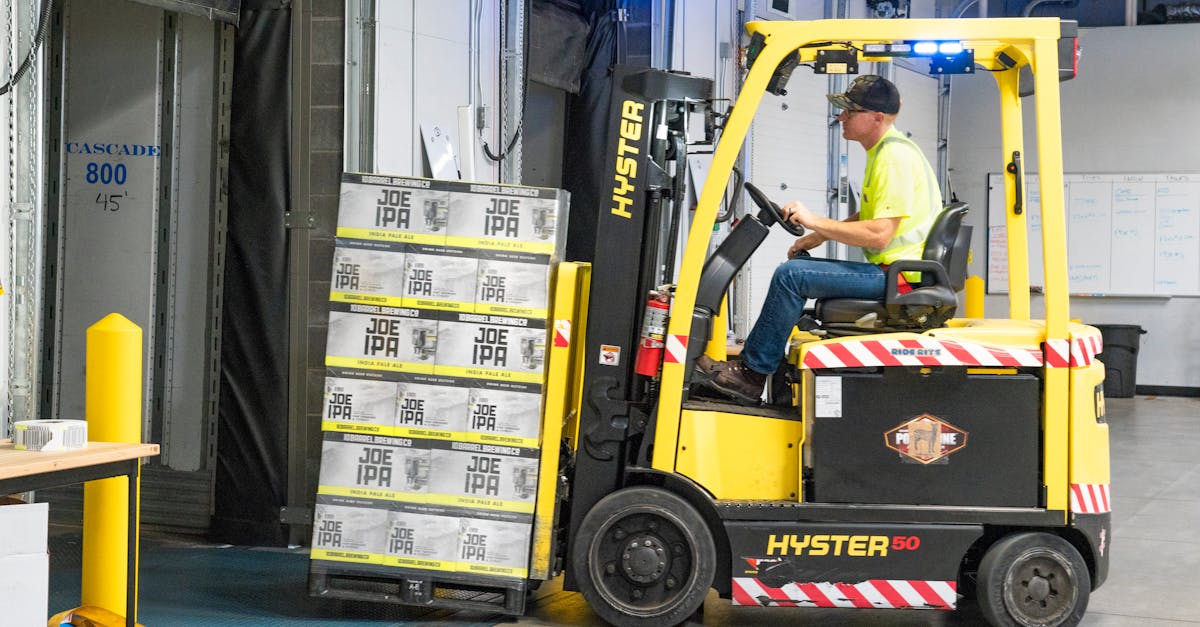Published on:
6 min read
Revolutionizing Delivery: How Smart Logistics Transform Supply Chains Today
In an increasingly competitive market, smart logistics are reshaping how goods are delivered. By leveraging technology and innovative strategies, businesses are optimizing their supply chains to enhance efficiency and customer satisfaction.

The Rise of Smart Logistics
Smart logistics refers to the use of advanced technology to enhance the efficiency and effectiveness of supply chains. With the advent of IoT, AI, and big data analytics, businesses can now track shipments in real-time, predict delays, and optimize routes. This transformation enables companies to respond more swiftly to market demands, reduce operational costs, and improve service delivery. Furthermore, as e-commerce continues to rise, the need for agile logistics solutions has never been more crucial. Businesses adopting smart logistics not only streamline their internal processes but also offer a more satisfactory experience to their customers.
Automation and Robotics in Delivery Systems
Automation is playing a pivotal role in the transformation of delivery systems. From automated warehouses to drone deliveries, logistics companies are increasingly using robotics to enhance their operations. Automated guided vehicles (AGVs) in warehouses improve inventory management by swiftly transporting goods, while drones can deliver packages directly to consumers in urban locations, reducing delivery times drastically. Such innovations help in minimizing human error and optimizing labor costs. As the technology continues to evolve, we can expect even more sophisticated solutions that will revolutionize how we think about logistics and delivery capabilities.
Sustainability in Smart Logistics
Sustainability is becoming an integral part of logistics strategies, especially with the growing emphasis on corporate social responsibility. Smart logistics not only focus on efficiency but also on reducing their carbon footprint. By implementing eco-friendly packaging, optimizing delivery routes to save fuel, and adopting electric delivery vehicles, companies are making strides towards sustainable logistics. Moreover, leveraging data analytics allows businesses to identify energy-saving opportunities in their operations, thus having a dual impact of cost reduction and environmental stewardship. As consumers become more environmentally conscious, companies that prioritize sustainability in their logistics will build loyalty and attract a wider customer base.
Conclusion: The Future of Logistics
The evolution of smart logistics is not just a trend; it signifies a fundamental shift in how businesses manage their supply chains. As technology continues to advance, the logistics sector will further integrate innovative solutions to drive efficiency and sustainability. Companies that embrace these changes will not only improve their operational capabilities but also position themselves competitively in a dynamic market.
Published on .
Share now!










